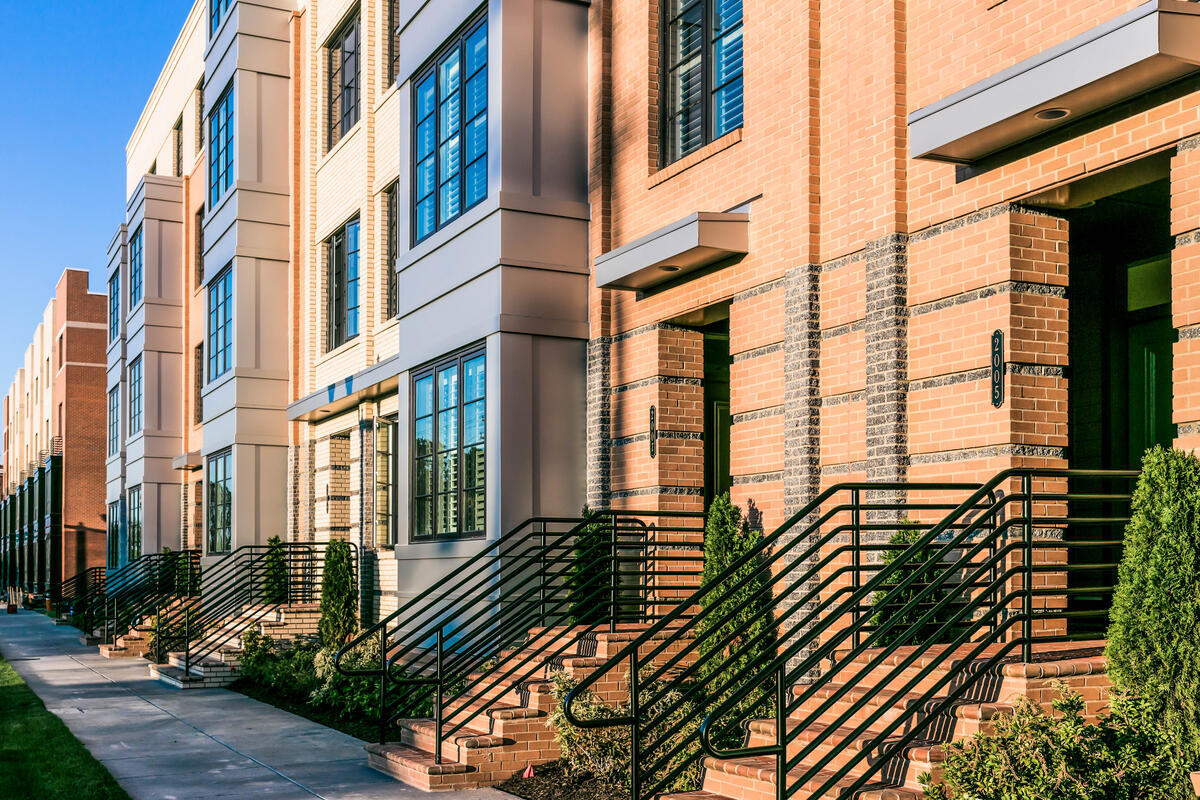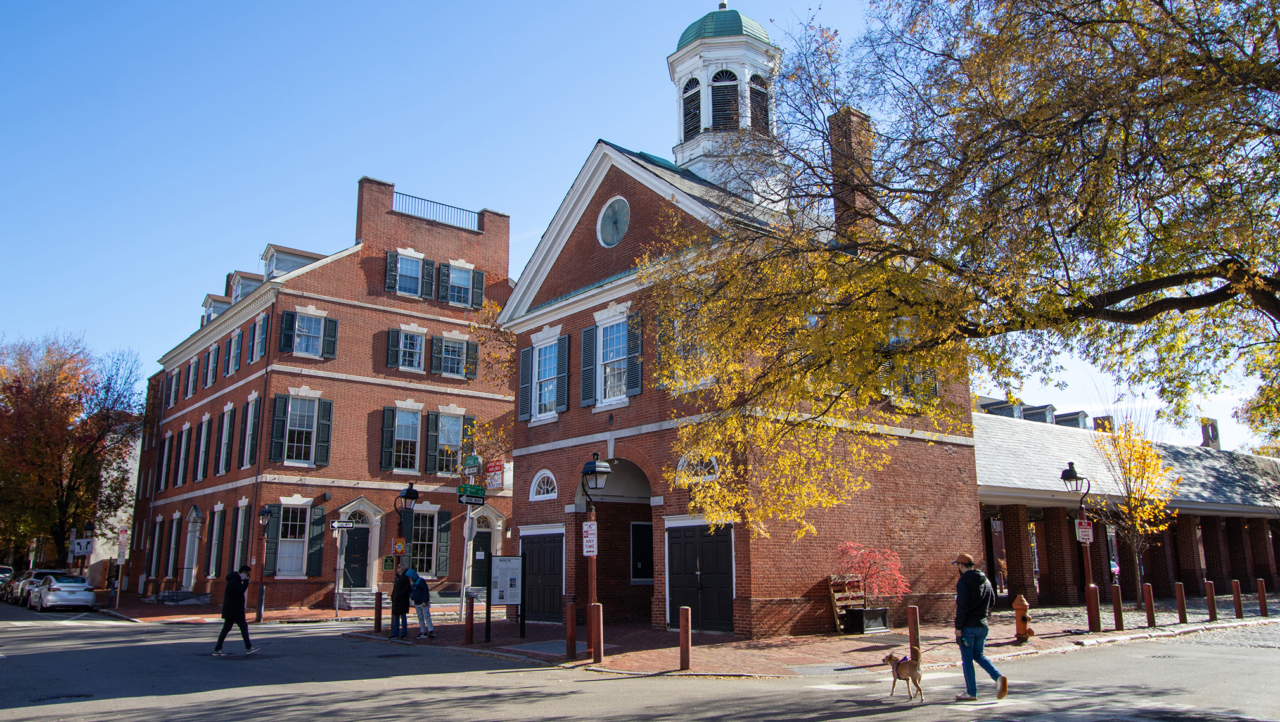

Written by Jennifer Lyons on November 26, 2025
Reviewed by Neil Swanson, Edited by Alycia Lucio
An HOA special assessment is an additional cost charged to homeowners to cover major projects or unplanned expenses, like a new roof after a natural disaster. When living in a community managed by a homeowners association (HOA), each homeowner will need to pay monthly HOA dues to cover expenses for the coming year. Every so often though, an unanticipated expense comes up that goes beyond the funds collected.
Unlike your monthly HOA dues that pay for routine landscaping, pool maintenance, or trash pickup, special assessments are an additional cost divided among homeowners as needed to tackle big projects or emergency repairs.
What do HOA assessments cover?
Special assessments are typically used to cover additional HOA costs that fall within three categories: unexpected expenses, budget shortfalls and capital improvements, like replacing a roof. Think of special assessments as your HOA community’s version of a surprise bill for big-ticket needs. Maybe the operating expenses are higher than anticipated for the year, or there is a budget deficit. The HOA board (usually made up of elected homeowners) may impose special assessments to cover the cost. Here are some examples of when an HOA assessment may be required:
Unexpected expenses
When natural disasters or emergencies strike, HOAs often need immediate funds to restore common areas. In situations like this, HOA assessments are used.
Example: repairing a clubhouse or pool after a storm.
Budget shortfalls
If yearly expenses end up higher than projected or the community faces a deficit, a special assessment may be issued to keep things running smoothly. HOA assessments may also cover sudden legal fees that go beyond the normal budget.
Example: addressing unforeseen budget gaps when operating costs rise unexpectedly.
Capital improvements
HOA assessments may also be used to fund large-scale projects that improve or maintain community infrastructure and amenities.
Examples: replacing a condo building’s roof, repaving roads and parking lots.
How do special assessments work?
Special assessments follow a structured process designed to keep the community informed and help make sure that expenses are handled fairly. Special assessments are typically voted on by the board, then the cost is divided among the community before being collected. Here’s how the process usually unfolds:
The board votes
When the HOA board identifies a major repair or improvement that can’t be covered by the reserve fund, they’ll call a meeting to discuss options and present the proposal. The board will then vote internally on whether to move forward with a special assessment.
In many communities, the board’s vote alone is enough to approve the assessment. However, some HOAs, depending on their bylaws and CC&Rs, require a majority vote from homeowners before the assessment is finalized. In these cases, property owners will receive advance notice of the proposed project and the associated costs, and then cast ballots at a meeting or through a written vote.
Either way, homeowners must be kept in the loop. They’ll have the chance to review the reasoning, ask questions, and see how the assessment will impact their share of costs before any billing notices are sent out.
Costs are divided
The special assessment costs are divided among property owners; either equally or based on property type or size. Each HOA community has governing documents — often called CC&Rs (Covenants, Conditions, and Restrictions) and bylaws — that dictate the rule and how the HOA operates. The expense gets divided among homeowners based on rules outlined in the HOA documents.
Homeowners are billed
You’ll get a written notice with the total, the reason for the assessment, and your deadline to pay.
Sometimes, the assessment can be paid all at once, or the HOA may allow installments. Either way, ignoring the assessment fee isn’t an option. Failing to pay a special assessment or falling behind on payments can result in late fees, liens, or, in extreme cases, foreclosure.
Do special assessments affect buying or selling a home?
If you’re buying or selling, HOA special assessments can directly impact the transaction. They may affect how attractive a property looks to buyers, influence the total cost of ownership, or even complicate financing. That’s why it’s important to understand not only what the assessment covers, but also how it could shape your ability to buy or sell.
Sellers
When selling a home within an HOA managed community, you’re legally required to disclose any active or pending special assessments to potential buyers. If you try to hide them, you could face legal trouble later. In some states, you’ll be required to provide a disclosure packet. Check your local regulations and ask your real estate agent.
In some cases, there may also be a transfer fee upon the sale of your home, which may be part of your negotiations with the buyer.
Buyers
When you’re considering a home in an HOA-managed community, it’s smart to dig a little deeper into the paperwork. Start by reviewing the CC&Rs and asking about any upcoming projects that could trigger a special assessment. Your real estate agent can also guide you through HOA documents like meeting minutes and financial reports, which reveal whether big repairs are on the horizon and how the community plans to pay for them.
Assessments don’t just disappear when a home changes hands — they pass from seller to buyer. If an assessment has already been approved but isn’t due yet, the new buyer is typically responsible for paying it after closing. The exception is when the buyer and seller negotiate something different, and sometimes sellers agree to cover part or all of the cost to make the sale more appealing.
Because these details can have a big impact on your home buying budget, it helps to work with an agent who understands the ins and outs of HOA communities. A knowledgeable agent can guide you through the fine print, flag potential issues, and even help negotiate who pays what. When you’re ready to shop homes, connect with a Zillow Premier Agent who can help you navigate buying a home within an HOA community with confidence.
Are there limits to what an HOA can charge?
HOA fees, including special assessments, are limited by both your state laws and your HOA’s governing documents, like CC&Rs and bylaws. Many HOAs can’t just slap on unlimited fees whenever they want. Often, if a special assessment exceeds a certain percentage of the annual budget, a majority of homeowners must approve it with a vote.
The board must get community approval on any special assessments. Still, always review your HOA documents to know exactly what the limits are in your community.
Can you challenge a special assessment?
Yes, you can challenge an HOA special assessment by following your bylaws, CC&Rs and state laws. Before doing so, make sure you understand why the assessment is being imposed by your HOA board. Are there any financial discrepancies or procedural errors? If so, you may consider taking the following actions to challenge the HOA assessment:
Attend HOA board meetings
HOA board meetings are where decisions are explained and questions can be asked. By attending, you can voice your concerns directly, request clarification on project costs, and hold the board accountable in front of your neighbors. Sometimes, just asking the right questions in a public setting can push the board to revisit its approach.
Team up with your neighbors
If you’re unsure about an assessment or want more clarity, talking with fellow homeowners can be helpful. You may find that others have similar questions or have already done some digging into the details. Sharing information and perspectives not only helps everyone stay informed but also helps make sure that the board is aware of common concerns or points that may need further explanation.
Explore mediation or internal dispute processes
Some HOAs outline formal dispute resolution steps in their governing documents. This may include mediation with a neutral third party, giving you a structured way to challenge the assessment without going straight to court. It’s often faster, less expensive, and less stressful than legal action.
Consult an attorney specializing in HOA law
If all else fails, and you believe the assessment is unlawful or improperly handled, it may be time to seek professional help. An attorney with HOA experience can review your community’s bylaws, state laws, and the board’s process to advise you on whether legal action is worth pursuing. While this route can be costly, it might be the right choice if the stakes are high.
How do you pay for a special assessment?
HOAs typically offer some flexibility in how you cover the cost of special assessments. The most common options are a single lump-sum payment or several smaller payments over an installment plan. Here’s how both payment options work:
Lump-sum payment
The most straightforward option is to pay the entire amount in one payment by the stated deadline. While it can feel like a financial hit upfront, this approach is usually the simplest and helps you avoid any additional fees or interest.
Installment plan
For larger assessments, many HOAs allow homeowners to spread the cost out over several months in smaller, scheduled payments. This can make the expense easier to handle, though some HOAs may add interest or administrative fees to the total. Always review the terms carefully so you know exactly what you’ll owe in the long run.
Consequences of no payment or late payment
Ignoring or delaying payment isn’t a safe option. Just like with regular HOA dues, falling behind on a special assessment can have serious consequences. Homeowners risk late fees, liens being placed on the property, or, in extreme cases where payments have stopped entirely, foreclosure proceedings.
While foreclosure is rare and typically a last resort, it underscores the importance of staying current with assessments to protect your home and your financial health.
How to plan ahead for special assessments
While HOA special assessments can feel intimidating, understanding how they work, from who pays them to how they’re disclosed in a real estate transaction, helps you plan ahead and avoid financial surprises. With the right preparation (and the right agent), you’ll feel more confident about buying or owning in an HOA community.
For current homeowners
Stay engaged. Attend HOA meetings, read newsletters, and keep an emergency savings buffer. That way, if a surprise fee pops up, you’re not caught off guard.
For future homebuyers
Review the HOA’s financials carefully before committing. A strong reserve fund is a good sign that the HOA plans ahead and won’t lean heavily on special assessments.
And don’t forget: A knowledgeable agent can help you read between the lines when it comes to HOA disclosures. Zillow Premier Agents are available to help you find a home and navigate the home-buying process.
How much home can you afford?
At Zillow Home Loans, we can pre-qualify you in as little as 5 minutes, with no impact to your credit score.
Zillow Home Loans, NMLS # 10287. Equal Housing Lender
Get pre-qualifiedA great agent makes all the difference
A local agent has the inside scoop on your market and can guide you through the buying process from start to finish.
Learn more


